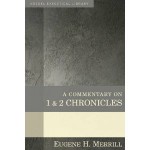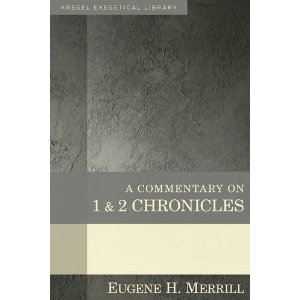Have you ever visited the Grand Canyon? Have you ever wondered how it was formed?

As you may know, there are two competing and contradictory explanations for how the Grand Canyon was formed.
Most Young Earth Creationists (Creationists who believe the earth is less than 10,000 years old) believe that the Grand Canyon was formed by the waters of the flood as recorded in Genesis 6-8.
Most other scientists (whether Old Earth Creationists or Evolutionists) believe that the Grand Canyon was slowly formed over millions of years through water erosion.
A recent book tries to reconcile these two views by allowing BOTH science and Scripture to weigh in on how the Grand Canyon was formed. The book is called The Grand Canyon: Monument to an Ancient Earth.
As you may know from my One Verse Podcast in which I am currently working through Genesis 3, and my literal understanding of Genesis 1-3 ends up being quite different than the way Young Earth Creationists understanding these opening chapters of the Bible. Though they may accuse me of not reading the Bible literally, I firmly believe that my explanation is quite close to the way the original author and audience would have understood the text and is therefore, the best and most literal reading of the text. A literal reading of the Biblical text, after all, must take literary factors into consideration.
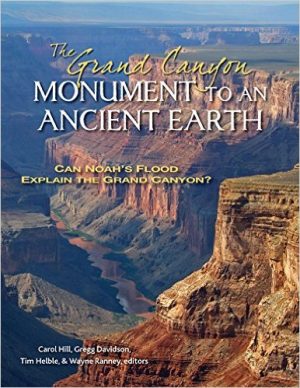 Anyway, I was pleased to see that this book on the Grand Canyon puts together some of the best scientific research about the Grand Canyon and matches it with some of the best research and understandings of the biblical text. The end result is that we can agree with much of what science says about the formation of the Grand Canyon while at the same time, seeing that such views are supported and defended by Scripture. This heightens our respect and love for the Bible, rather than diminishes and weakens it.
Anyway, I was pleased to see that this book on the Grand Canyon puts together some of the best scientific research about the Grand Canyon and matches it with some of the best research and understandings of the biblical text. The end result is that we can agree with much of what science says about the formation of the Grand Canyon while at the same time, seeing that such views are supported and defended by Scripture. This heightens our respect and love for the Bible, rather than diminishes and weakens it.
In the end, the authors and editors of this book argue that the Grand Canyon was formed by lots of water over a very long time, and that this is not only what science argues, but also what Scripture reveals.
This book is somewhat scientifically technical, but the numerous color images, graphs, and charts help make it more accessible to the average reader. No matter what your views are on the Flood and the formation of the Grand Canyon, I highly recommend this book.



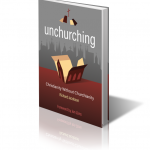
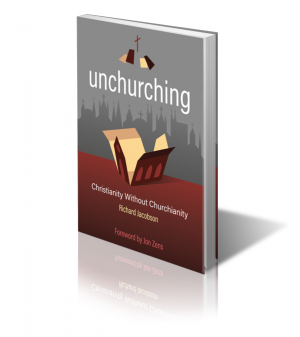
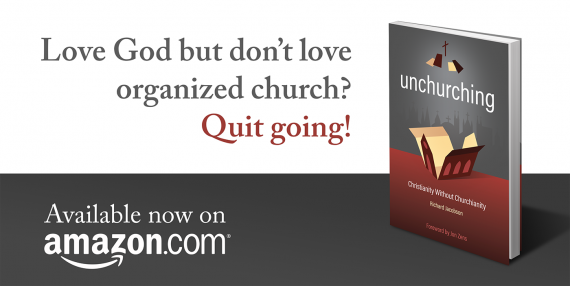
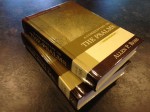

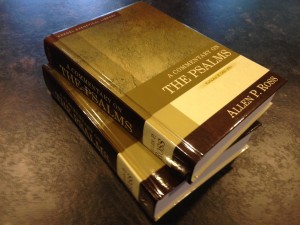 Volume 1 covers chapters 1-41,Volume 2 covers 42-89, and Volume 3 covers 90-150. All 3 can be
Volume 1 covers chapters 1-41,Volume 2 covers 42-89, and Volume 3 covers 90-150. All 3 can be 
 Lots of people think they know what Christian theology is, when in reality, they only know some popularized, week-kneed, insipid form of theology that does not reflect real Christianity at all. Of course they’re bored, if this is what they think real theology is!
Lots of people think they know what Christian theology is, when in reality, they only know some popularized, week-kneed, insipid form of theology that does not reflect real Christianity at all. Of course they’re bored, if this is what they think real theology is!